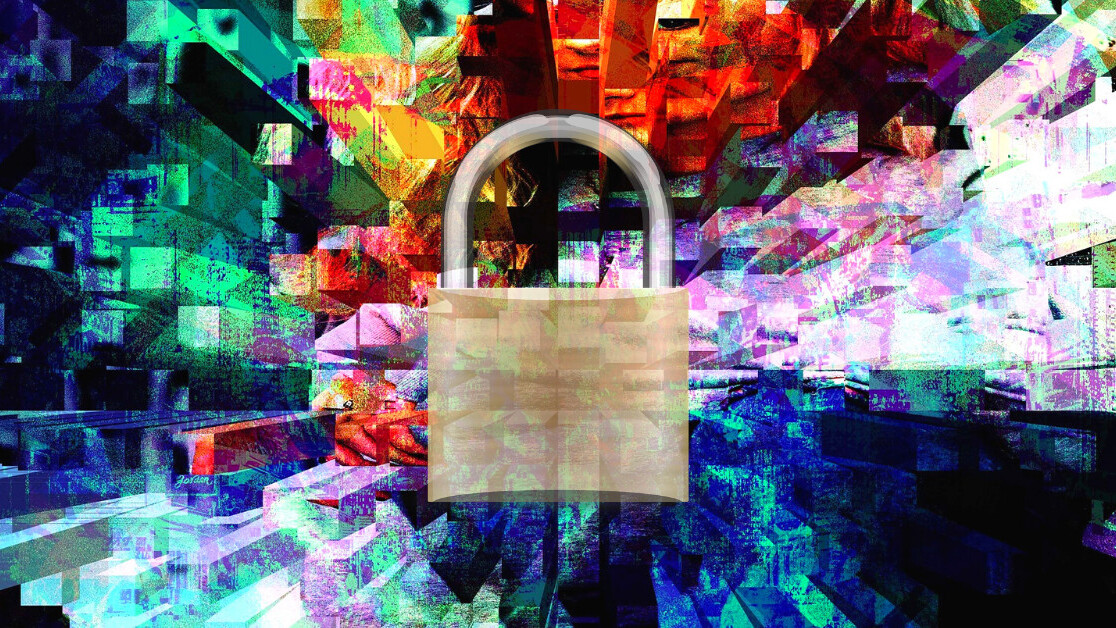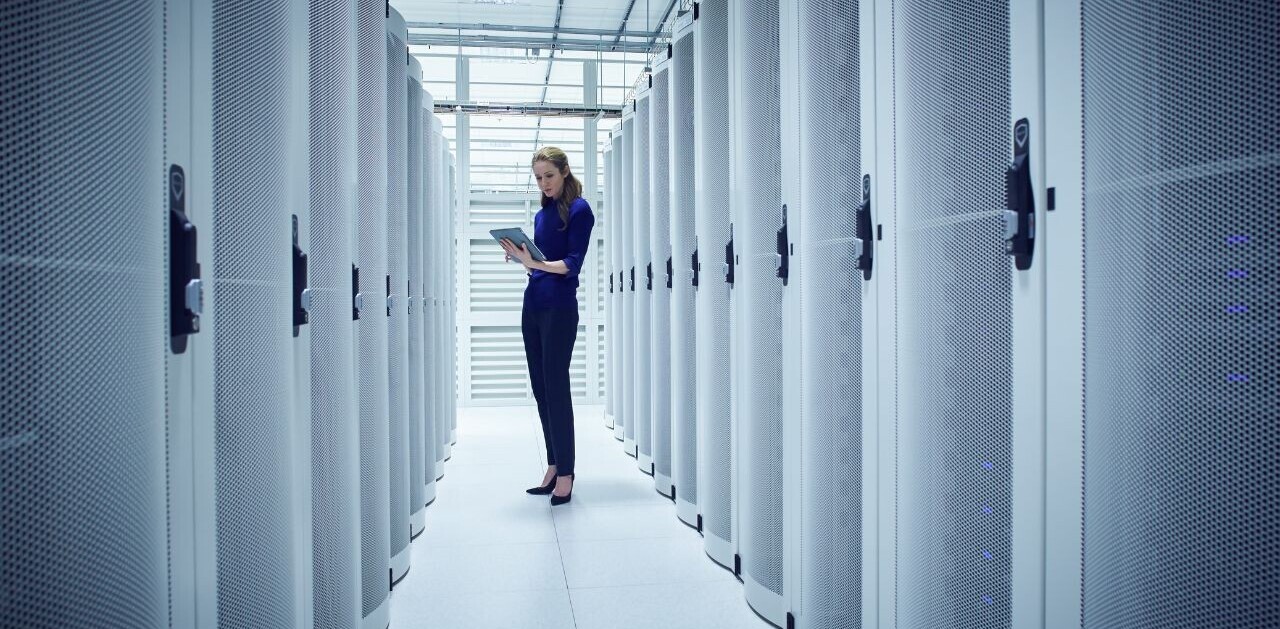
It’s about time that the cybersecurity technology that was once only available to wealthy corporations will become accessible for all.
It used to be scary and thought-provoking when a resourceful hacker cracked open a hoard of user information, but the sheer number of massive hacks that happened, in 2018 alone of Equifax, Twitter, Quora, Facebook, and many others, has ensured our collective desensitization to this issue.
We find ourselves in an era when it’s not a question of if but when you’ll get hacked. So, this is also an appropriate moment to stop, look at the state of cybersecurity, and declare — especially for consumers and small businesses — enough is enough!
Big headlines actually obscure the extent to which small businesses and individuals are unprotected. Though the Cambridge Analytica or Equifax hacks both drew a lot of attention, the attacks you don’t hear about do proportionally more damage.
Of small businesses that are hacked, 60 percent close up shop within a year. Moreover, in 2018, 90 percent of internet users aged 24 to 34 found their information on a scan of the dark web. This is not attributed to high-profile breaches but rather to the absence of fairly-priced cyber solutions that can suit a retail-level risk profile.
It’s now so commonplace to get your information stolen online that entire industries exist to help businesses deal with the problem. This idea is patently ridiculous, and it isn’t questioned in the least.
Instead of fixing the internet’s infection, we’ve decided to assume that it will always be ailing and have instead monetized an industry of expensive, inaccessible cyber remedies. This is happening largely because the internet’s gatekeepers don’t want to disturb the flow of their most prized product: data.
An obstacle to democratization?
It’s lucrative for companies to offer a free app or service and own, share, or sell any and all data that flows through it from users. This is how the biggest tech companies do business. But the free-flowing data economy is dangerous for consumers and unintentionally compromises the affordability of cybersecurity for small businesses.
With so much data flying around, hackers have more opportunities to steal and exploit it for identity theft, creating a measurable phenomenon that regularly drains billions each year from the economy. Keeping the data tabs open yet segregated from fraudsters, unfortunately, begs an equally high price tag.
While high-profile hacks motivate the largest companies to form robust cybersecurity departments, mobilize their multinational-size budgets, and orchestrate the integration of multiple cybersecurity products, small-and-medium-sized businesses can’t afford these solutions yet suffer more for not having them.
The best cyber solutions are too expensive for many to afford, which unintentionally makes these consumers an easier target for hackers. That’s not to say large companies don’t get hacked; they do, but rarely and with more fanfare.
Make data free
We must democratize the cyber solutions deployed only at the highest tier of business, while preserving the ability to freely exchange data and ideas. The profitability of data-funnel models makes it easy to charge a high price for enterprise cyber solutions, but this compromise comes at the expense of consumers exclusively.
While the current state is obviously crying out for a dramatic change, there are a few things that SMBs can do today to better protect themselves and their consumers:
- Educate your employees — Training your employees on security will ensure that they can detect a threat and remove it. Read more here.
- Monitor BYOD — Letting your employees bring their personal devices to work exposes the company to data leaks, possible hacks, and viruses. Monitor non-company devices closely, and if possible, separate the networks used for BYOD and company’s devices. Read more here.
- Make sure your employees are deleting unused accounts — Use tools that enable you to keep track of which companies hold your data and allow you to erase it.
- Activate MFA (two-factor authentication) on all company accounts — This will assist in protecting the company’s data from any hacks or breaches.
- Provide a password manager to all your employees — This way they can keep their log-ins protected and your data secured.
The cyber stack matures
The solution to protecting individuals and SMBs is a combination of government regulation and innovation in the private sector. Browsers, for example, are becoming more privacy and security conscious. While Chrome is drifting more towards invasive policies and anti-user stances, browsers like Firefox and Brave include anti-tracking tools, ad blocking, and more.
The technology users need to protect themselves and their data is finally being made available on a mass level. While governments and private companies can talk about how they value user privacy and our data rights, actions speak louder than words. It is up to users to take advantage of the technology that was once only available to corporations and take a stand against those that would attack their privacy.
Get the TNW newsletter
Get the most important tech news in your inbox each week.



